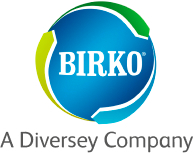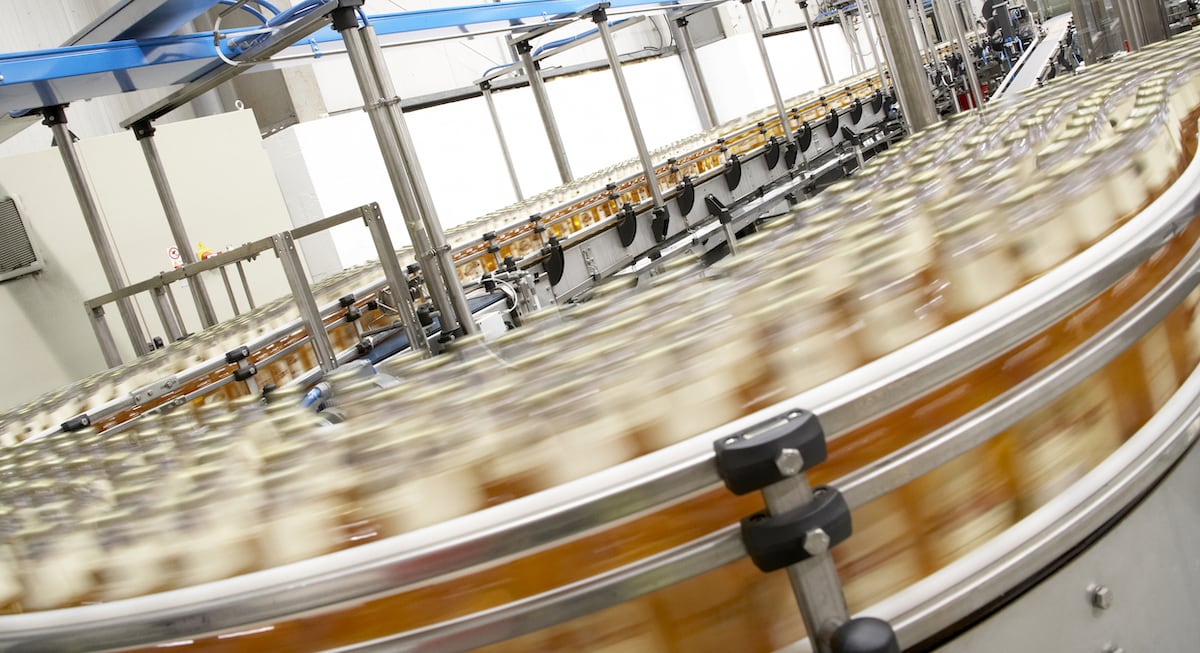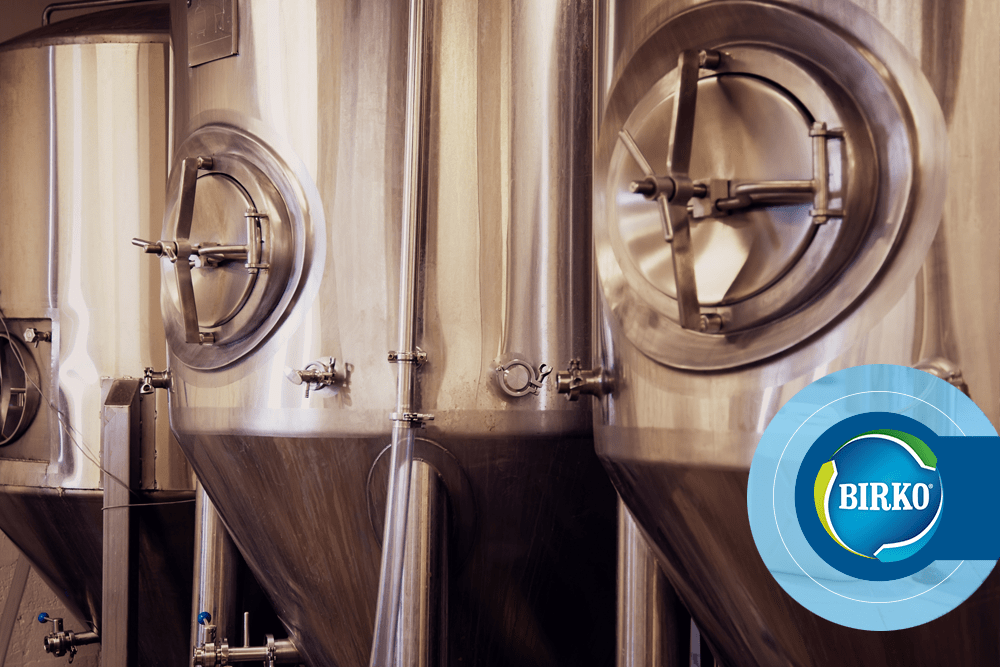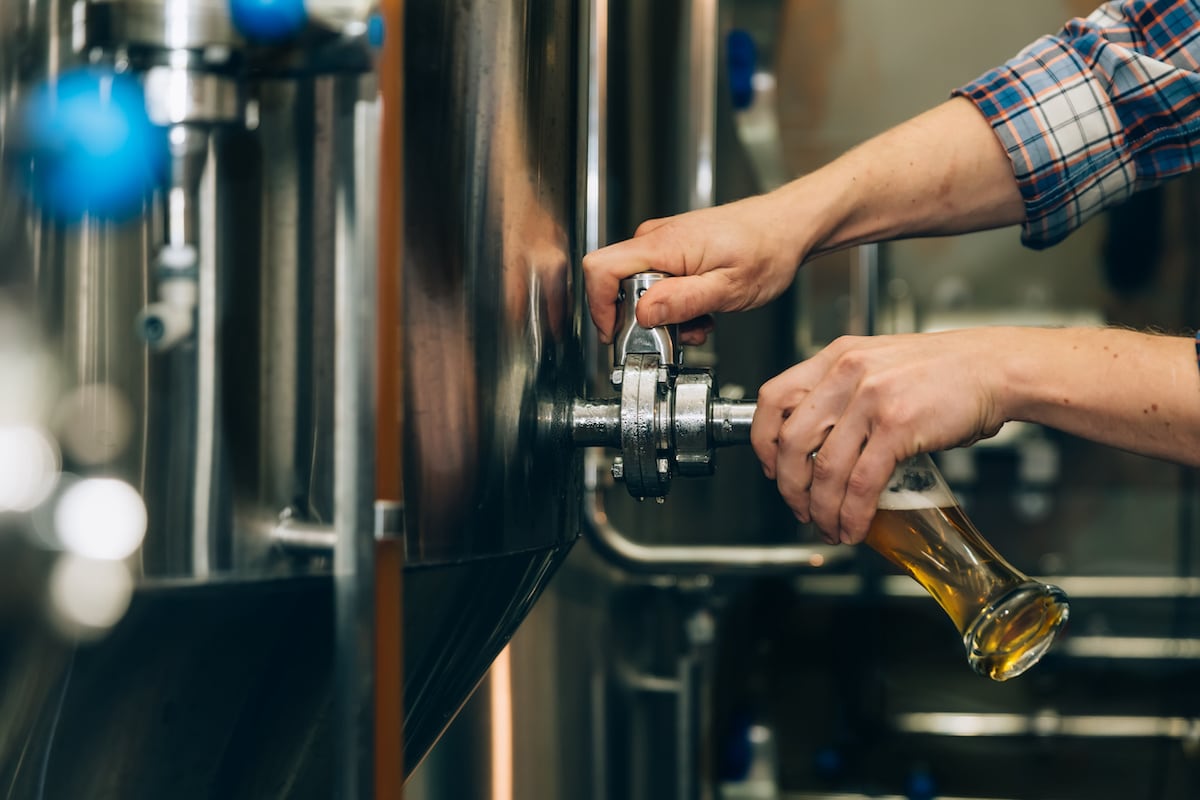beer ● stone (bir/stōn): the scale that forms in aging tanks, serving tanks and kegs. Known as calcium oxalate. Incredibly difficult to remove, especially after the buildup becomes visible to the naked eye.
Beerstone leaves an unsanitary surface that can harbor microorganisms. It causes “off flavors.” It shortens a beer’s shelf life. It can ruin an entire batch of beer.
In short, if left unchecked, beerstone can have devastating consequences for a brewery.
Traditionally, caustic products have been the standard for removing soil in the brewery. But, using caustic is not the best choice to remove beerstone. (Read this article to understand why.)
Luckily for brewers, there is a tried-and-true approach to removing beerstone. We discovered a new way to keep beerstone from becoming a problem in the kettle along with aging tanks, serving tanks, and draught (or tap) lines using the following procedure:
- Rinse out beer and yeast with ambient temperature water.
- Use a 1-2 ounce per gallon phosphoric/nitric acid mixture (140°F maximum temperature) for 15-30 minutes.
- Do not rinse.
- Use a noncaustic alkaline cleaner at 1-2 ounces per gallon of warm (120-140°F) to start. CIP for 15-30 minutes depending on conditions.
- Rinse with ambient temperature water until the pH of the rinse water is neutral (same pH as the tap water coming in).
One of the biggest advantages of this method is that it can reduce the amount of time, chemical and water required in the equipment cleaning process for breweries. It works well to keep from setting the scale. Since no caustic is involved in the procedure, it is a little safer, too.
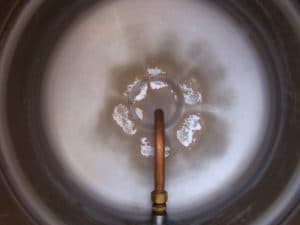
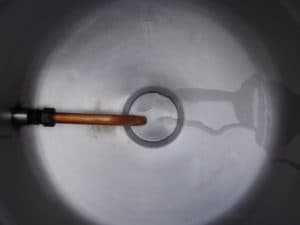
For the full directions and an explanation of beerstone, download my article, “Removing Beerstone: A Look at Alternative Cleaning Methods.”
 Dana Johnson, Technical Director, Craft Brewing, Birko, can be reached at [email protected] or (303) 289-1090.
Dana Johnson, Technical Director, Craft Brewing, Birko, can be reached at [email protected] or (303) 289-1090.

